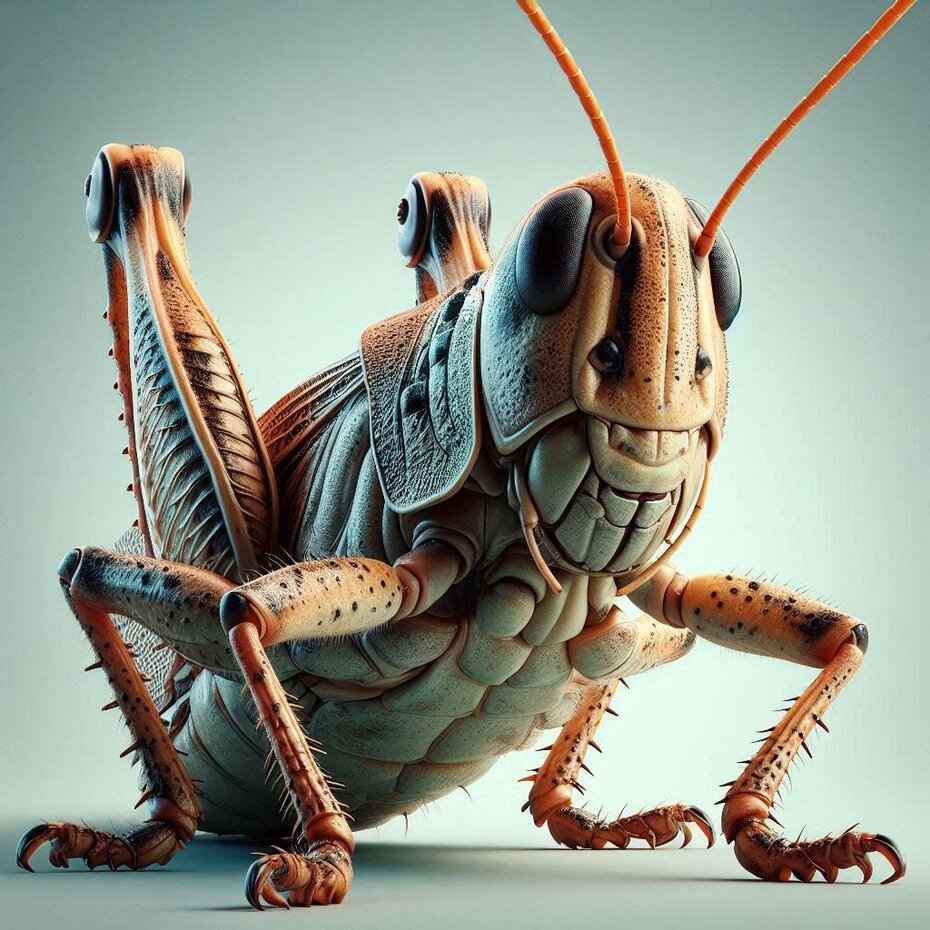After all, what are males for?
While reading an article in The Scientist about the success that locusts have achieved by opting for parthenogenesis and giving up the existence of males in the fight for the survival of the species, my mind wanders to considerations about current gender issues.

I'm not the one asking this question, it's the author of one of the articles in the latest issue of The Scientist magazine. This question is not purely provocative. Hannah Thomasy's article discusses the advantages of species that reproduce by parthenogenesis, without the need for a male. However, the choice of title flirts with the socio-cultural moment in which we humans live.
Dr. Thomasy comments that a wide variety of species have survived the last million years by reproducing by parthenogenesis without this having negatively affected their offspring or their chances of continuing. This is the case, for example, with some species of grasshoppers, lizards, crustaceans, crocodiles, condors and snakes.
The biggest advantage is that all the individuals in the population can have offspring, which doubles the birth rate. Parthenogenesis also protects animals from the dangers of sex and STDs. However, when compared to the traditional method of heterosexual reproduction, parthenogenesis results in a loss of genetic variability and the accumulation of deleterious mutations. But apart from that, what are males for?
This is a question that has apparently been asked a lot these days. You can even tell me that in human society males are not only important for maintaining the genetic variability of the species, but also in the economic life of families and, let's say, in play activities with the heterosexual part of the female population. However, it has been observed that interest in socializing and creating family nuclei is declining among young people.
People's lack of interest in getting out of the house, spending time with friends and finding a new sexual partner is typical of current times. This phenomenon was already being observed by doctors and sociologists in the years before the pandemic. Communication difficulties and gender-based violence are just two of the many contributing factors. Depression and the difficulties young people face in finding jobs and housing have also been identified as causes. Life has become a personal battle for both men and women and, in this struggle, there is little time left to invest in something that has no certain return. “Getting a husband” is no longer a life goal.
In a world that is fighting against gender issues, that is seeing the differences in rights and obligations between men and women diminish, where women have systematically conquered academic brilliance, management positions in companies and political leadership, men watch in amazement as their importance diminishes. “Men, empower yourselves,” says a post on social media, calling for a reaction from those who are currently lost in violent attitudes or apathetic behavior.
Maybe we're about to reach the day when our importance will no longer be measured by whether we're a man or a woman, but by whether we're simply human beings?
Translated with DeepL.com (free version)
Voltar
